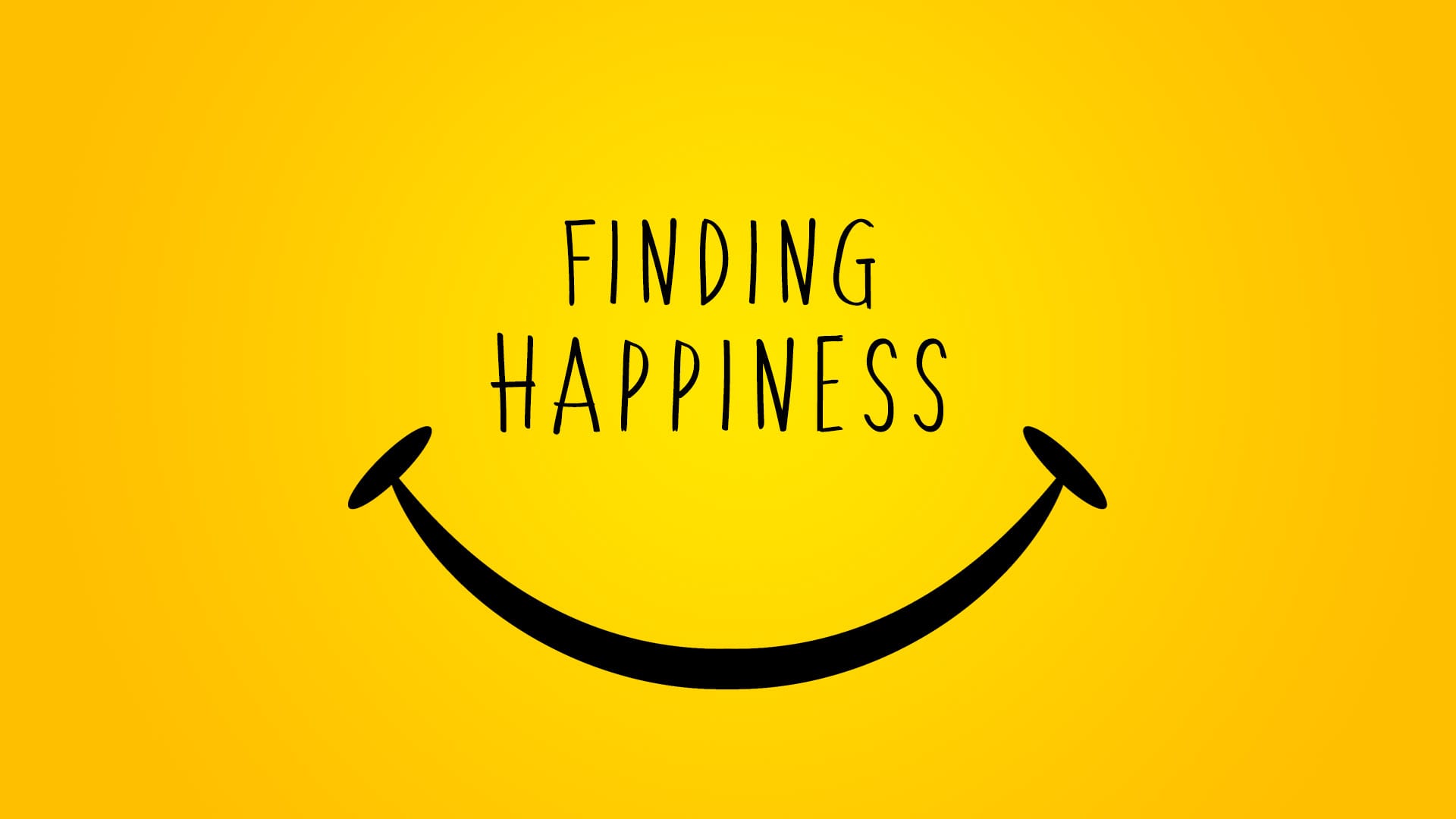TYPES OF HAPPINESS AS I UNDERSTAND AS A PHYSICIAN
And is there anything that we pursue with more vigor and yet with such futility and poor results?
Instinctual Happiness
The most basic form of happiness is what I call “instinctual happiness.” This elementary type of happiness can be best described by the old saying, “I’m just happy to be alive!” Instinctual happiness is less real happiness than simply the appreciation for having survived another day. It may be that instinctual happiness is what our primitive forbearers felt on the Serengeti 250,000 years ago when they earned the title of Homo Sapiens. Instinctual happiness was less about feelings of elation, joy, and serenity than about the absence of hunger, thirst, and cold, very much akin to the lowest rung of Maslow’s hierarchy of needs.
Defended Happiness
For example, we experience what we call happiness when we are not experiencing psychological obstacles such as doubt, worry, ruminations, or hypervigilance. We also experience what we call happiness when we are not experiencing aversive emotions such as fear, frustration, anger, or despair. Lastly, we experience what we call happiness when there are no physical barriers including stress, exhaustion, illness, and injury.
Unfortunately, we aren’t often able to just relieve ourselves of these truly unpleasant experiences because they are either deeply ingrained, beyond our control, or must be endured due to our life circumstances. Psychotherapy or other forms of interventions can help, but they are definitely not foolproof.
In these situations, we engage in what I call “defended happiness,” in which we develop habits and patterns of thinking, feeling, behaving, and interacting with the world that protect us from the pain sufficiently to feel some mild semblance of happiness (again, more the absence of ill feelings rather than the presence of good feelings). Perfectionism, fear of failure, need for control, need to please, and social isolation (and, in extreme cases, severe mental illness) are all ways in which we attempt to feel less unhappy. In this defended form of happiness, we are, in a way, choosing the lesser of the two evils. Unfortunately, as you look at this list of ways to reduce our pain, you will see little opportunity for real happiness. But, for many people, that is as happy as they are going to get (at least in the short term). Apologies for sounding so fatalistic, but life can be that way.
Medicated Happiness
Sadly, despite our best efforts, some of us are unable to readily defend ourselves against unhappiness through internal action (i.e., changing the way we think, feel, or behave). In this situation, we turn to external means, which brings me to my third level of happiness, “medicated happiness.” As I noted above, we all experience thoughts and emotions that detract from our happiness. In response, we engage in activities that “medicate” us against those experiences.
Most of us do things that aren’t really harmful, yet temporarily dull the emotional pain we may feel that prevents our experiencing some modicum of happiness. Moreover, our “medications” can help us to experience a psychological and emotional state that resembles happiness as we know it, at least in short bursts. We surround ourselves with people who make us feel loved, valued, supported, and encouraged. We exercise which takes our minds off of our troubles, makes us feel good physically, and releases endorphins (which reduces stress and can produce a brief bursts of euphoria). We immerse ourselves in work, hobbies, and other activities (e.g., charitable work, art, cooking, movie watching, reading, the list is endless) that distract us from and temporarily dull our pain. Though less common, some people go to extreme lengths to medicate themselves in ways that not only cause more unhappiness, but also have significant health implications including drinking alcohol, taking drugs, and gambling.
Contented Happiness
The levels of happiness that I’ve described so far hardly fit into our culturally defined understanding of what happiness should be. At the same time, the reality is that one of the above three levels of happiness may be as good as it’s going to get for some people whether due to genes or unfortunate life circumstances.Thankfully, my fourth level of happiness, what I call “contented happiness” is now heading in a much better direction. Contentment is the feeling that we get when we engage in pleasurable activities such as walking our dogs, having dinner with friends, hanging out with our children, pursuing an enjoyable hobby, the list goes on. I don’t see this as deep happiness, but rather the generating of positive emotions that are temporary, yet important in that they make us feel “happy” for a little while.Such activities will, they suggest, produce the greatest amount of good feelings possible which can give the experience of, though, I would argue, not the depth and breadth of so-called real happiness.
Existential Happiness
At the top of my happiness hierarchy lies what I call “existential happiness.” I would characterize this as the only “real” happiness, the most deep, true, and lasting form of happiness. Existential happiness comes from living our lives in a way that is infused with meaning, satisfaction, and joy. It comes from living an authentic life based on our values; having a passion for and caring deeply about something; setting, striving for, and achieving deeply held goals; engaging in activities that are fulfilling; and being deeply connected to others.

